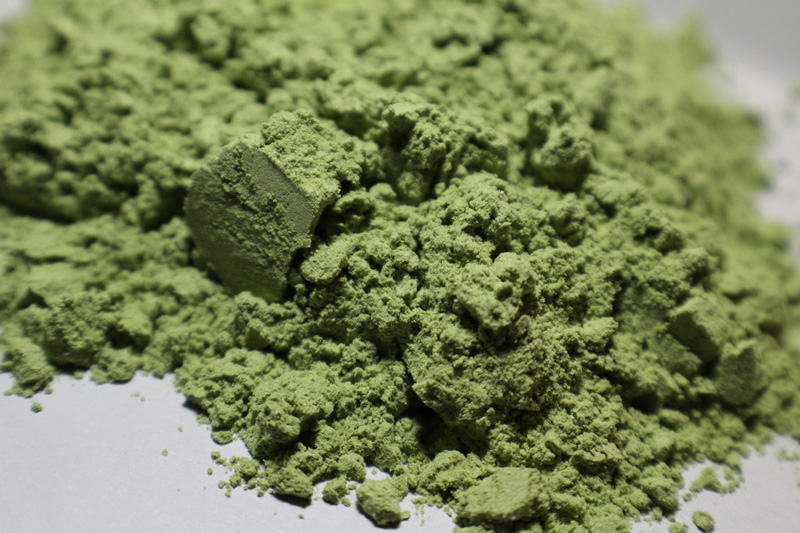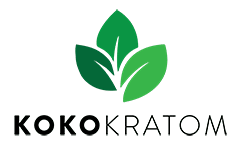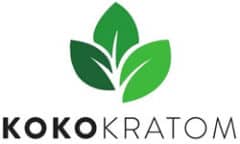Latest Breakthroughs in Kratom Research
Once the subject of ethnic and cultural research, the Mitragyna speciosa plant is now being studied in detail by scientists seeking to find effective herbs for pain. Read on to discover the latest breakthroughs in kratom research.
Mitragynine Absolved of its ‘Potential for Abuse’
Mitragynine is the most abundant alkaloid in kratom, making up around 66% of its total alkaloid content. This alkaloid offers analgesic, cough-suppressing, antidiarrheal, adrenergic, antimalarial, and possible psychedelic (5-HT2A) effects.
In previous years, mitragynine was thought to be addictive and was all set to be scheduled on the DEA’s list of substances ‘with a high potential for abuse’ in 2016. However, new kratom research that came out in 2018 was able to test this theory and came to the conclusion that mitragynine (MG) is actually not addictive. In fact, this alkaloid actually appears to reduce the craving for heroin in rats.
According to the first paper from the Society for the Study of Addiction, the addictive properties of kratom can be attributed to 7-hydroxymitragynine (7-HMG) rather than MG, calling for further research into the interactions of kratom’s compounds with the human body.
40 Kratom Alkaloids Have Now Been Identified

While traditional uses of kratom have been perpetuated through word of mouth, science is still catching up with explanations for the details behind kratom’s effects. One of the most important areas for kratom research at the moment is identifying all of kratom’s alkaloids and isolating their specific effects (including benefits and risks). This will allow pharmacists to develop kratom-based extracts that can target specific symptoms and diseases while minimizing the risk of addiction and harm.
In March of 2019, a comprehensive review was published which identifies more than 40 different alkaloids that have been identified in Mitragyna speciosa and discusses kratom’s effects and therapeutic properties at length. For anyone interested in understanding more about the chemistry and science behind kratom, this detailed review of existing kratom research is essential reading!
For Continued Investigation
With new studies and reviews being published about herbs for pain every year, continuing kratom research will keep shedding more and more light on this fascinating ethno-herb. While not exactly a breakthrough as yet, an in silica (computer-simulated) investigation was published in July of 2019 that began to explore how mitragynine (as the main alkaloid present in Mitragyna speciosa) is metabolized in the body.
In this preliminary study, researchers created a computer simulation of kratom absorption with gas-phase structure substitutes for mitragynine, 7-hydroxymitragynine, and their metabolites. What they discovered is that these substitutes actually moved through different metabolic pathways than what they expected from the real compounds. The discovery of specific kratom metabolites will allow employers and authorities to test for kratom use quickly and easily.
Discover the Purest Kratom at Koko Kratom
Koko Kratom is a cutting-edge online kratom company that seeks to inform consumers about the latest developments in kratom research and effective herbs for pain relief. Our red, green, and white kratom powders are all of a premium quality and every batch is tested for its alkaloid content and screened for contaminants.
Want to learn more? If you are new to the kratom community or want to dive in deeper, check out our article on ‘Information to Expand Your Kratom Studies’ and contact our team for customer assistance and support.



